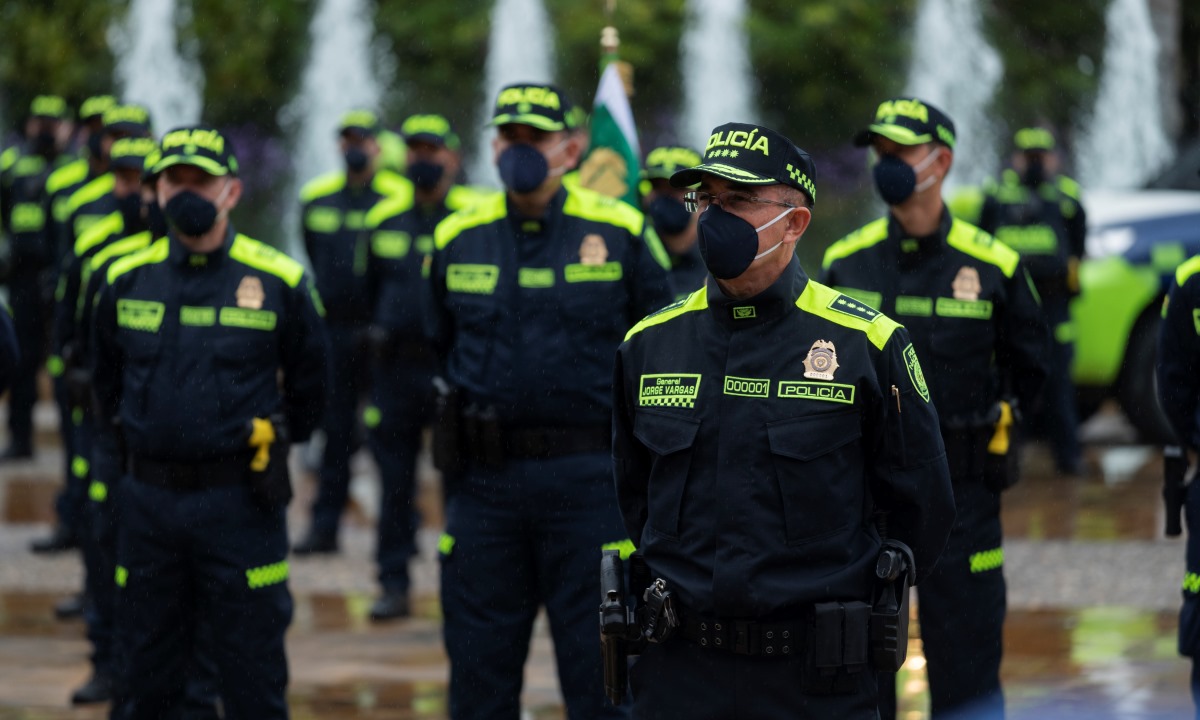RIO DE JANEIRO, BRAZIL – The President of Colombia, Iván Duque, announced Monday a new chapter of transparency and respect for human rights in the National Police, during an event in which the new uniforms of the institution were presented, changing from green to blue.
“Today, we begin a process of integral transformation (…) with our men and women of the National Police. The purpose of this uniform is to accompany all citizen security services in the territory, and it has several innovative elements, the most important of which is its vocation for transparency,” said the president.
Read also: Check out our coverage on Colombia
Among the changes announced is the use of body cameras to document police operations, facilitating the identification and monitoring of officers.
Also, the creation of a department within the National Police for the prevention and protection of human rights and the strengthening of institutional policies, as well as a new disciplinary statute and a career statute that will be presented in Congress tomorrow and will include the supervision and control of the police service.
“The Human Rights Observatory will also be established within the National Police and will report periodically, every six months, (…) on all human rights standards,” Duque said as he announced a new system for receiving, processing, and following up on complaints and denunciations.

ALIGNING WITH INTERNATIONAL NORMS
The police and the Mobile Anti-Riot Squadron (Esmad) have been in the eye of the storm, with multiple accusations of excessive use of force, particularly during the intense days of protest in May and June.
According to human rights organizations, there were 74 deaths during the demonstrations, 48 of which are directly attributed to the police. In comparison, the government links 25 deaths to the protests and only three to the actions of the uniformed forces.
In response to the accusations, Duque said, “On August 2, we will inaugurate the new Human Rights School within the National Police, (…) on August 9 we will begin a new training cycle, but for certification in human rights for all Esmad agents.”
According to the president, with these changes, it is hoped that “international standards will be present in each of the procedures” of the police. To that end, the government will also unveil a new model for dealing with Esmad disruptions on August 30.
“Today, we are taking a transcendental step in the transformation of the National Police,” the president said of the four pillars of the police reform project, which includes human rights training as well as changes in procedures, use of force, and standardization of citizen services.
“We are accompanied by the European Union and the main universities of the United States to expand our actions to protect dignity,” said the director of the National Police, General Jorge Luis Vargas.

